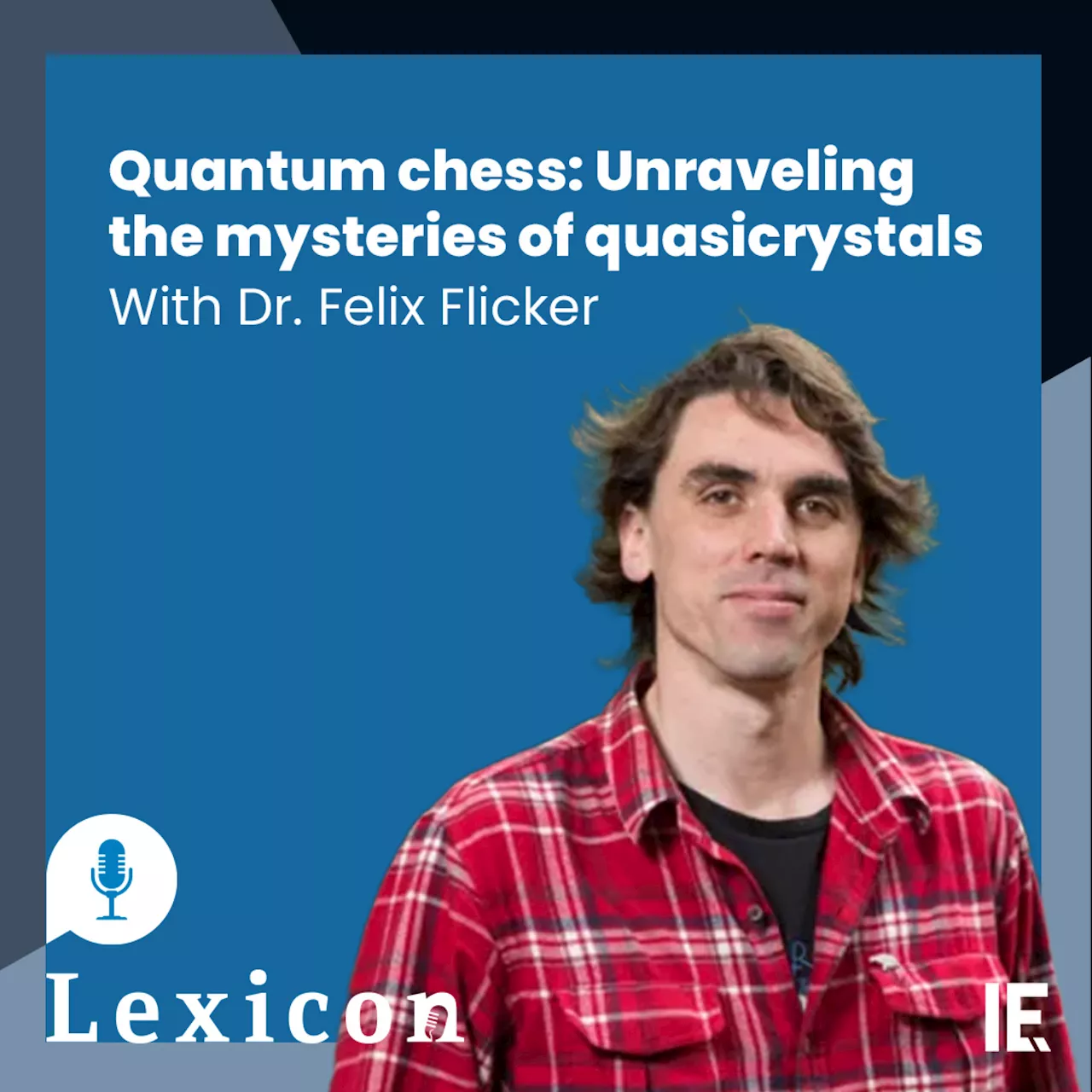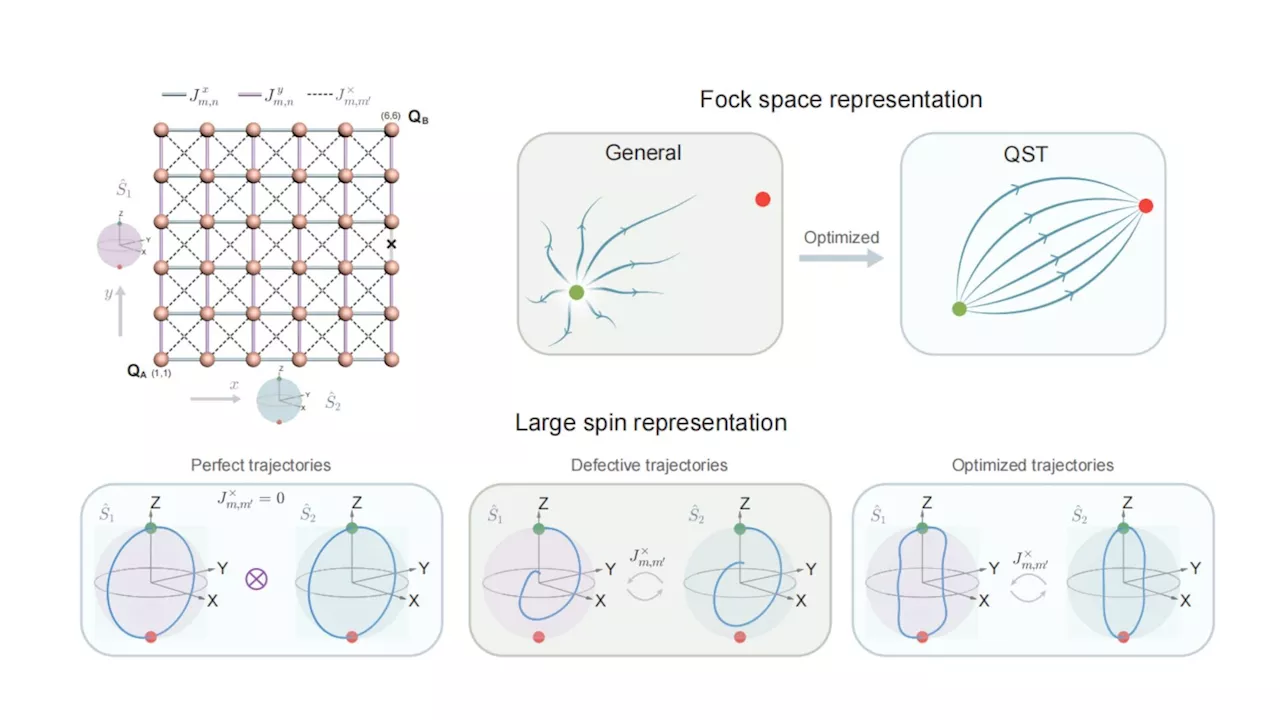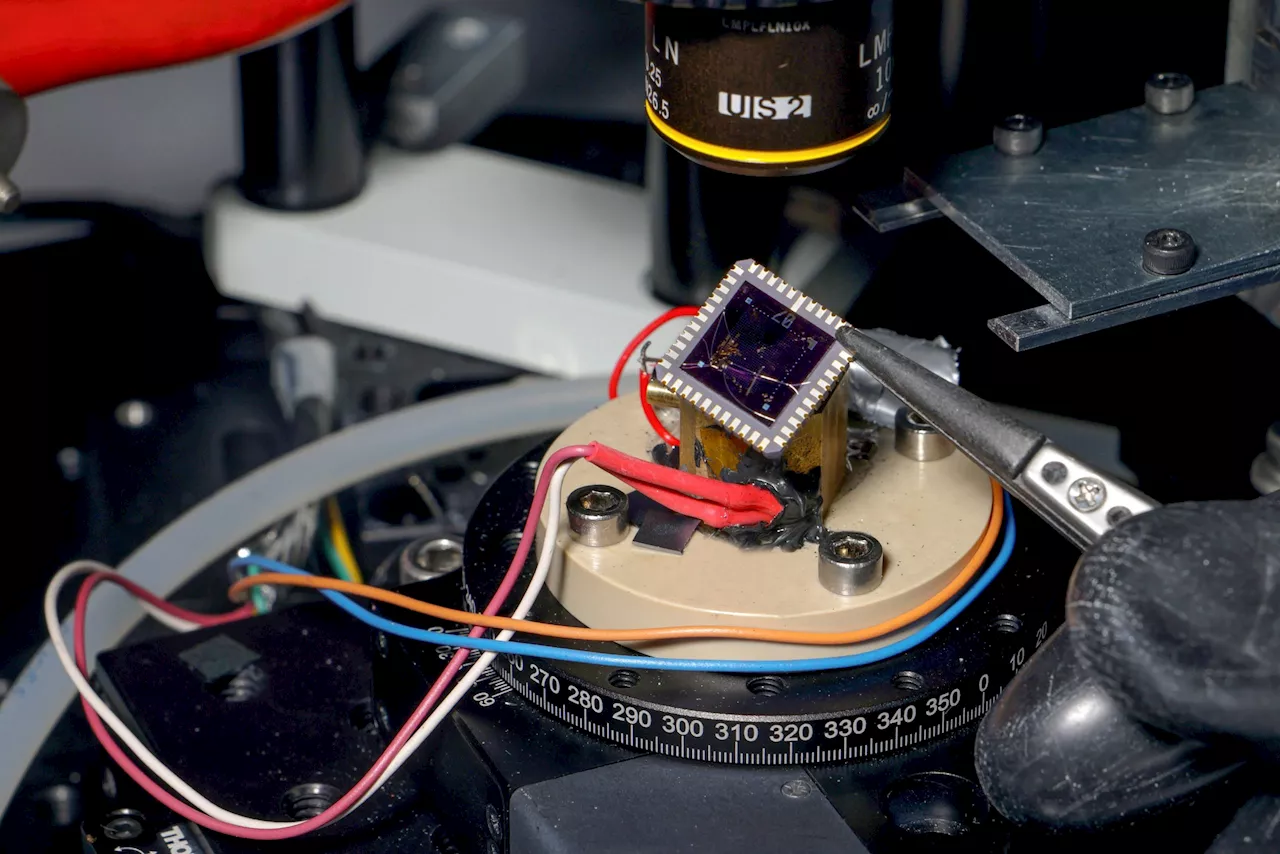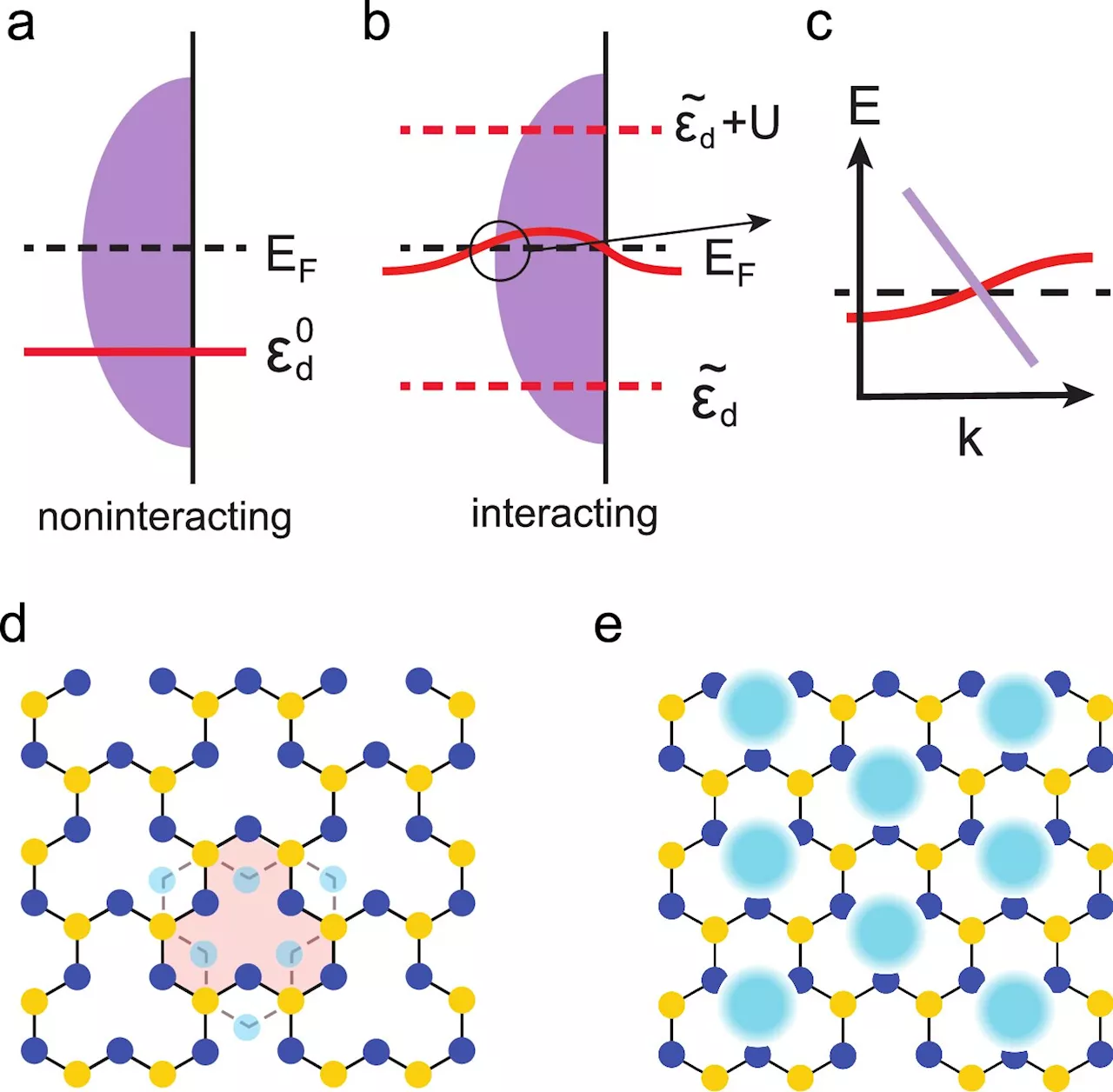Discover how the game of chess is inspiring breakthrough research on quasicrystals, which could yield exciting applications.
, a senior lecturer at the University of Bristol. We explore the potential of quasicrystals in solving real-world problems inspired by chess moves.Dr. Felix Flicker is a theoretical physicist and Senior Lecturer in Physics at the University of Bristol. His research concerns the quantum underpinnings of matter. He is the author ofHis and his team’s work combines the movement of chess pieces with the study of quasicrystals.
Due to the quasicrystals’ structure, these filters would have a high surface area, allowing them to capture more CO2 molecules. Dr. Flicker points out, “Catalysis is the process of finding some route to reacting things that require less energy than would otherwise be required. A typical way this happens is to absorb molecules onto a surface, where they bond together on the surface and then come off again.”
Faster scanning means more data in less time, which is crucial for advancing research in materials science.Despite these promising applications, there are challenges to overcome. Quasicrystals are rare and can be difficult to produce. Most known natural quasicrystals have been found in a single meteorite in Siberia, while others were created accidentally during extreme conditions, such as the first atomic bomb test in 1945.
United States Latest News, United States Headlines
Similar News:You can also read news stories similar to this one that we have collected from other news sources.
 Quantum chess: Unraveling the mysteries of quasicrystalsIn this episode, we explore the potential of quasicrystals in solving real-world problems inspired by chess moves with Dr. Felix Flicker from the University of Bristol.
Quantum chess: Unraveling the mysteries of quasicrystalsIn this episode, we explore the potential of quasicrystals in solving real-world problems inspired by chess moves with Dr. Felix Flicker from the University of Bristol.
Read more »
 Foregoing quantum chaos to achieve high-fidelity quantum state transferAn international team of scientists from China and the U.S. has developed a scalable protocol for high-fidelity quantum state transfer (QST) in a 36-qubit superconducting quantum circuit.
Foregoing quantum chaos to achieve high-fidelity quantum state transferAn international team of scientists from China and the U.S. has developed a scalable protocol for high-fidelity quantum state transfer (QST) in a 36-qubit superconducting quantum circuit.
Read more »
 Maxwell’s demon charges quantum batteries inside of a quantum computerA technique to charge a battery inside a quantum computer relies on sorting qubits in an imitation of Maxwell’s demon, a 19th-century thought experiment once thought to break the laws of physics
Maxwell’s demon charges quantum batteries inside of a quantum computerA technique to charge a battery inside a quantum computer relies on sorting qubits in an imitation of Maxwell’s demon, a 19th-century thought experiment once thought to break the laws of physics
Read more »
 Overcoming Longstanding Quantum Computing Roadblock: Scientists Develop Efficient 2D Device for Quantum CoolingScience, Space and Technology News 2024
Overcoming Longstanding Quantum Computing Roadblock: Scientists Develop Efficient 2D Device for Quantum CoolingScience, Space and Technology News 2024
Read more »
 Researchers discover new flat electronic bands, paving way for advanced quantum materialsIn a study published in Nature Communications, a team of scientists led by Rice University's Qimiao Si predicts the existence of flat electronic bands at the Fermi level, a finding that could enable new forms of quantum computing and electronic devices.
Researchers discover new flat electronic bands, paving way for advanced quantum materialsIn a study published in Nature Communications, a team of scientists led by Rice University's Qimiao Si predicts the existence of flat electronic bands at the Fermi level, a finding that could enable new forms of quantum computing and electronic devices.
Read more »
 Researchers discover new flat electronic bands, paving way for advanced quantum materialsScientists predict the existence of flat electronic bands at the Fermi level, a finding that could enable new forms of quantum computing and electronic devices.
Researchers discover new flat electronic bands, paving way for advanced quantum materialsScientists predict the existence of flat electronic bands at the Fermi level, a finding that could enable new forms of quantum computing and electronic devices.
Read more »
